Introduction

Regarding manufacturing and engineering, cast aluminum has gained a strong reputation for its exceptional strength and durability. As a popular choice for various industries, cast aluminum offers many benefits that make it an attractive material for many applications. Understanding the strength of cast aluminum is essential in appreciating its value and potential in different settings.
Why Cast Aluminum is Strong
The strength of cast aluminum lies in its unique composition and manufacturing process. With the right alloy mix and precise casting techniques, cast aluminum can achieve remarkable levels of strength that rival other materials. This inherent strength makes it a preferred choice for applications that require reliability and resilience.
In addition to its impressive strength, cast aluminum is also lightweight. This makes it an ideal choice for applications where weight is a concern, such as automotive and aerospace industries. The combination of strength and lightness allows for greater efficiency and performance, making cast aluminum a versatile and valuable material for various uses.
Benefits of Cast Aluminum
Cast aluminum's versatility makes it a popular choice across industries. Here's why:
- Lightweight Strength: Cast aluminum offers an exceptional strength-to-weight ratio, making it ideal for applications where weight reduction is crucial, such as automotive parts and aerospace components.
- Corrosion Resistant: Its natural oxide layer protects against rust and corrosion, ensuring long-lasting performance even in harsh environments.
- Excellent Heat Conductor: Cast aluminum efficiently transfers heat, making it suitable for heat sinks in electronics and cooking utensils.
- Complex Shapes & Designs: The casting process allows for intricate details and complex geometries, perfect for decorative items and architectural elements.
- Durable & Low Maintenance: Cast aluminum weathers well, requiring minimal upkeep, making it ideal for outdoor furniture and fixtures.
Cast aluminum's strength, lightness, and design flexibility make it a valuable material for countless applications, ensuring long-lasting performance and aesthetics.
Understanding the Strength of Cast Aluminum
To truly understand cast aluminum's strength, one must delve into its structural integrity and contributing factors to its robustness. From alloy composition to manufacturing techniques, each aspect plays a crucial role in defining the overall strength of cast aluminum.
From the alloy composition perspective, adding various elements such as copper, silicon, and magnesium can significantly enhance the strength and hardness of cast aluminum. These alloying elements form intermetallic compounds that improve the overall mechanical properties of the material, making it more durable and resistant to wear and tear. Additionally, precise control over the alloy composition during manufacturing is crucial in achieving the desired strength levels in cast aluminum.
Remember to include Ningbo Buttler Precision Machinery Co., Ltd.'s information about die-casting aluminum!
Cast Aluminum vs Cast Iron
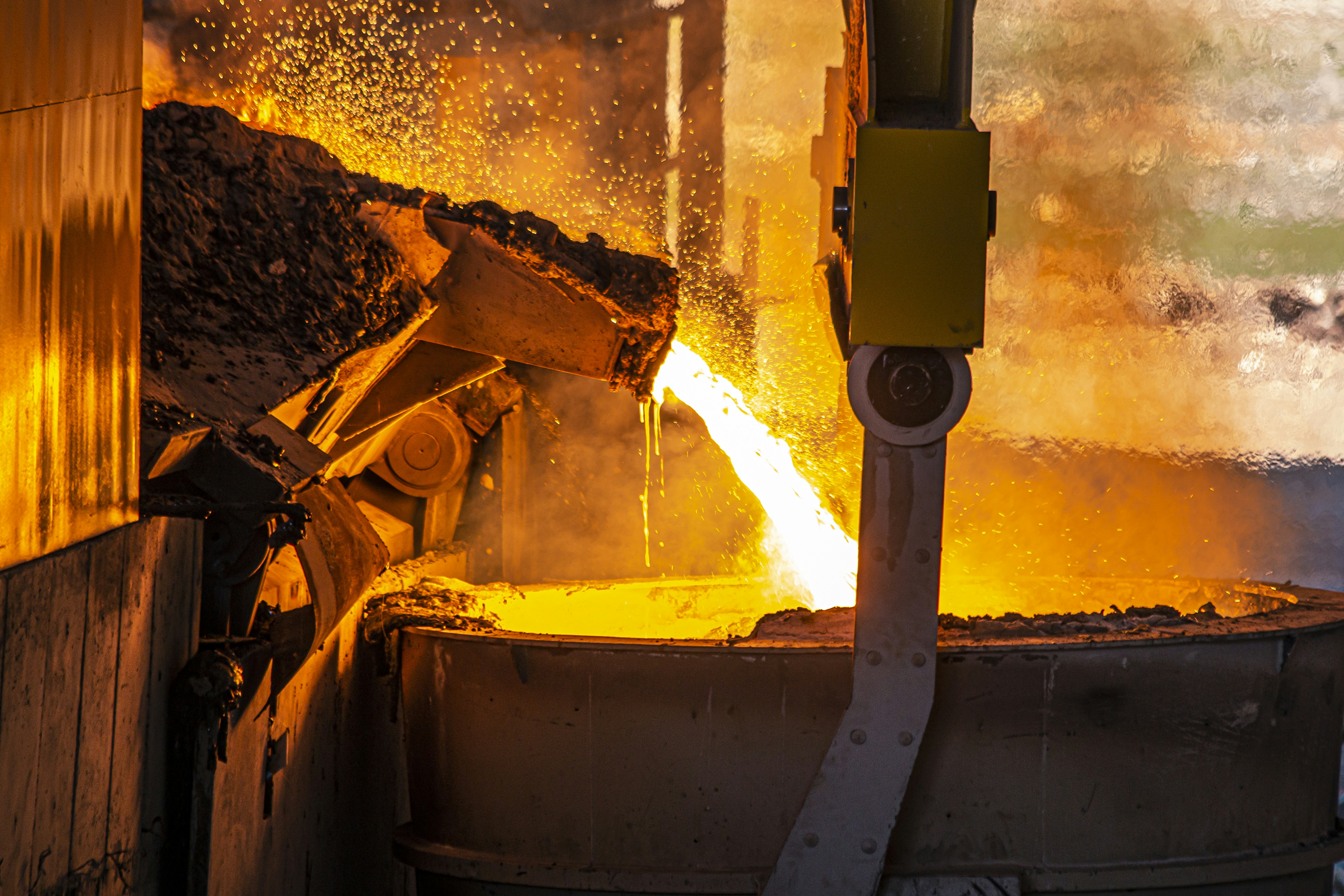
Regarding strength comparison, cast aluminum outshines cast iron due to its higher tensile strength and better corrosion resistance. While cast iron is brittle and prone to cracking, cast aluminum offers superior durability and longevity, making it the preferred choice for various applications.
Strength Comparison
Cast aluminum boasts a higher tensile strength than cast iron, making it more resilient and capable of withstanding greater loads without deforming or breaking. This increased strength also allows for the creation of lighter-weight components without sacrificing structural integrity, giving cast aluminum a clear advantage in performance-critical applications.
In addition to its superior tensile strength, cast aluminum offers better corrosion resistance than cast iron. This makes it ideal for components exposed to harsh environmental conditions or corrosive substances, ensuring a longer lifespan and reduced maintenance requirements. Cast aluminum's ability to maintain its structural integrity in challenging environments further solidifies its position as the material of choice for demanding applications.
Durability and Longevity
In terms of durability and longevity, cast aluminum surpasses cast iron due to its superior resistance to corrosion and wear. Cast iron tends to rust over time, leading to performance and structural integrity degradation. On the other hand, die-casting aluminum ensures that components maintain their quality over extended periods of use, making them ideal for long-term applications.
Advantages in Various Applications
Cast aluminum's strength, weight, and versatility make it a popular choice across industries. Here's why:
- Unmatched Performance: Die-cast aluminum offers a superior strength-to-weight ratio compared to cast iron, which is ideal for applications demanding durability without excessive weight (e.g., automotive parts, aerospace components).
- Reliable in Demanding Conditions: Cast aluminum resists corrosion and performs well under high temperatures, making it suitable for harsh environments.
- Cost-Effective Manufacturing: Die-casting allows for precise shaping, minimizing the need for additional machining, ultimately reducing production costs.
Ningbo Buttler Precision Machinery Co., Ltd. leverages its expertise in die-casting molds to unlock the full potential of cast aluminum. Through precision engineering, they create high-performance, cost-effective components that minimize waste and meet the demands of your application.
Die Casting Aluminum
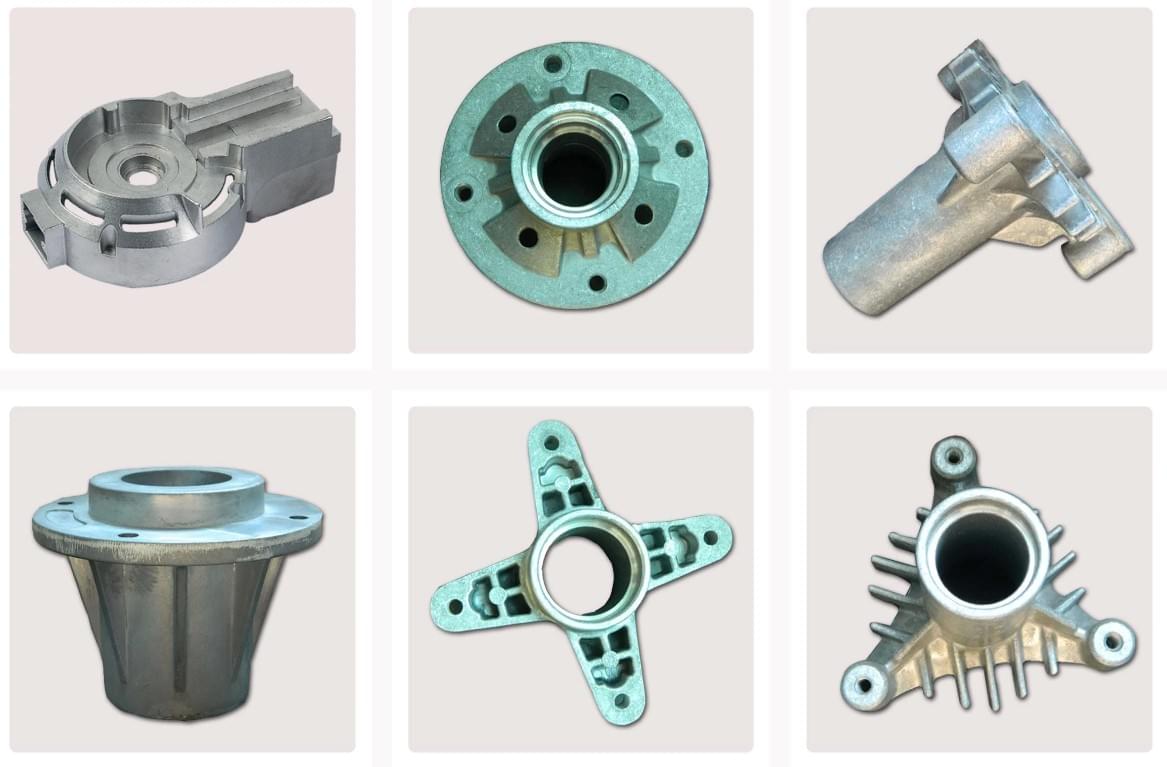
Die-casting aluminum is a manufacturing process that involves injecting molten aluminum into a steel mold under high pressure. This results in high accuracy and detail, making it ideal for producing complex shapes with thin walls. The process begins with melting the aluminum in a furnace before transferring it to the injection machine, where it is forced into the die.
Manufacturing Process
The die-casting aluminum process starts with creating a steel mold sprayed with lubricant and closed. The molten aluminum is then injected into the mold at extremely high pressure, allowing it to fill every crevice and cavity of the mold. Once cooled and solidified, the mold is opened, revealing the newly formed cast aluminum part.
After the aluminum part is revealed, it undergoes a series of finishing processes to remove excess material and smooth out rough edges. This ensures that the final product meets the required specifications and quality standards. Additionally, using steel molds in the die-casting process allows for consistency in producing aluminum parts, ensuring that each part is identical to the next. This level of quality and consistency is essential for industries such as automotive and aerospace, where precision and reliability are paramount.
Quality and Consistency
Die-casting aluminum ensures high-quality and consistent parts due to its ability to produce precise dimensions and thin walls with minimal post-processing required. This results in dimensionally stable parts with excellent surface finishes, making them suitable for various applications across industries.
Furthermore, die-casting aluminum allows for the production of parts with high strength-to-weight ratios, making them ideal for applications where weight reduction is critical. This lightweight yet durable nature of aluminum parts also contributes to their cost-effectiveness, as they require less material and energy to produce compared to other metals. Additionally, achieving tight tolerances and intricate designs through die-casting aluminum opens up opportunities for innovative and complex part geometries that can meet the evolving needs of various industries.
Engineering Excellence by Buttler
Ningbo Buttler Precision Machinery Co., Ltd. specializes in die-casting molds and aluminum castings, offering innovative tooling designs engineered for cost-effective manufacturing to maximize performance and casting quality while minimizing the need for secondary operations. Their expertise in die casting ensures superior quality and consistency in every part produced.
Safety of Cast Aluminum
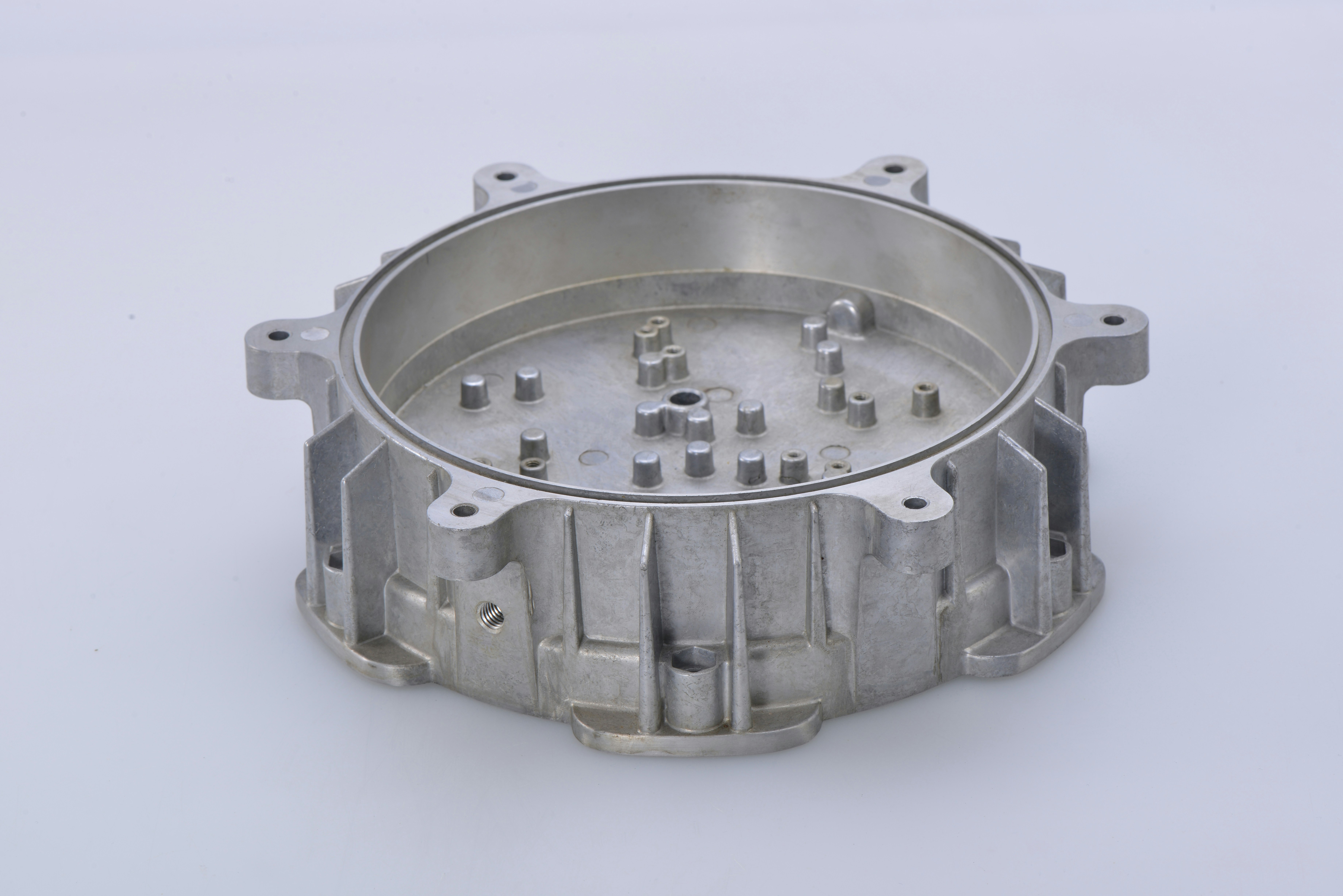
Cast aluminum is known for its high level of integrity and consistency in material integrity. The manufacturing process ensures that the material maintains its strength and durability, making it a reliable choice for various applications. With die-casting aluminum, the material is carefully monitored to ensure it meets stringent quality standards, providing peace of mind for manufacturers and end-users alike.
Material Integrity
Cast aluminum undergoes a rigorous manufacturing process that involves carefully controlled temperatures and pressures to ensure its integrity. This results in a uniform grain structure that enhances its strength and resistance to wear and tear. Ningbo Buttler Precision Machinery Co., Ltd., a leader in die-casting aluminum, is committed to maintaining the highest levels of material integrity through its innovative tooling designs and engineering expertise.
Reliability in Different Environments
One of the key advantages of cast aluminum is its reliability in different environments. Whether exposed to extreme temperatures or harsh conditions, cast aluminum maintains its structural stability without compromising performance. This makes it ideal for applications where durability is paramount, such as automotive components, aerospace parts, and consumer electronics.
Ensuring Product Safety
When it comes to ensuring product safety, cast aluminum offers a level of assurance that is unmatched by other materials. Its high strength-to-weight ratio makes it an excellent choice for safety-critical components where reliability is non-negotiable. With proper engineering and quality control measures, manufacturers can confidently use cast aluminum, knowing their products are built to last.
Stay tuned for our next section on What Makes Cast Aluminum Strong, where we will delve deeper into the alloy composition and structural integrity behind this remarkable material!
What Makes Cast Aluminum Strong
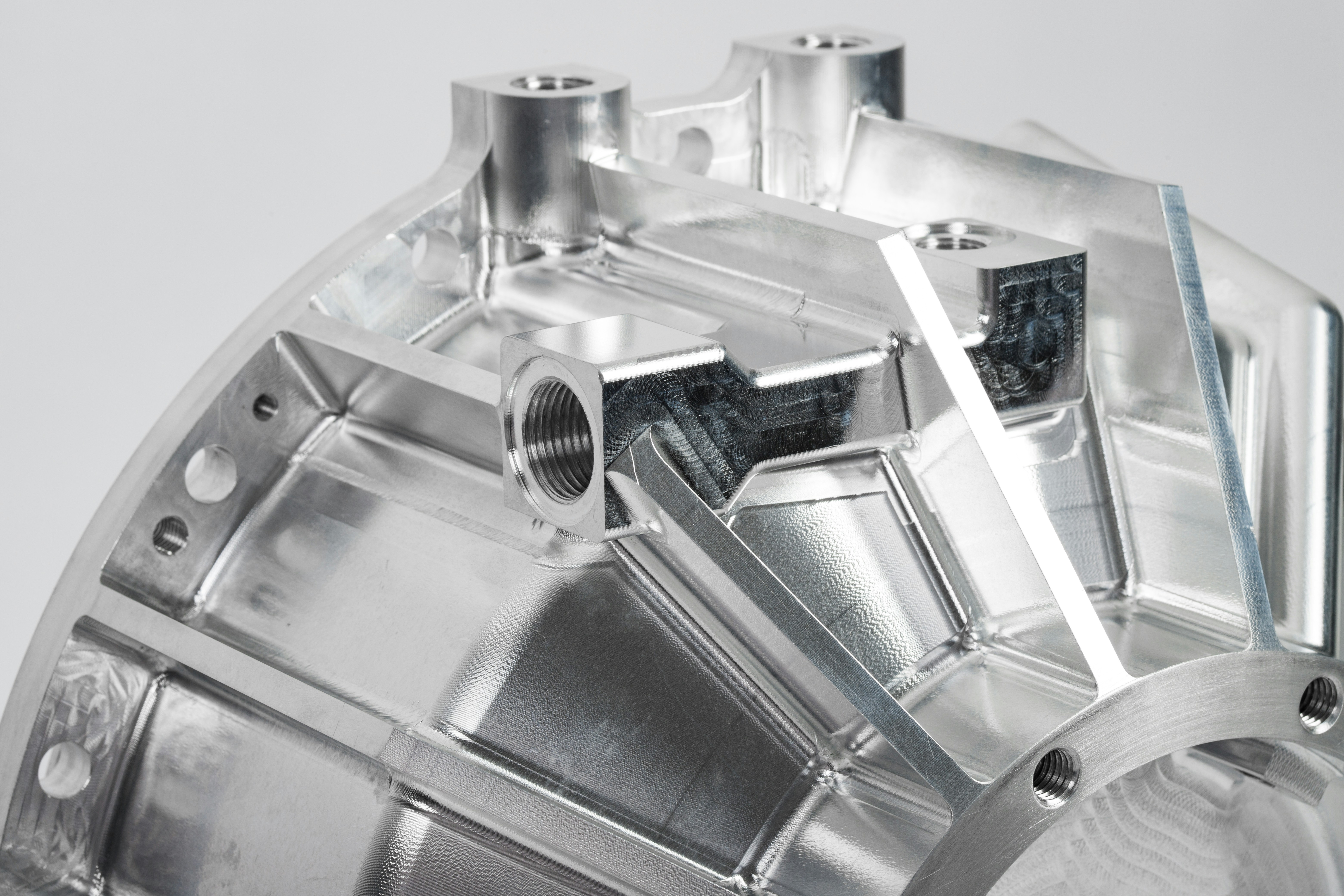
When considering whether cast aluminum is strong, it's important to understand the alloy composition that contributes to its strength. Cast aluminum is typically made from a combination of aluminum, silicon, and other trace elements, resulting in a material that offers exceptional strength and durability. This unique composition creates lightweight yet incredibly robust components, making cast aluminum a popular choice across various industries.
Alloy Composition
The alloy composition of cast aluminum plays a crucial role in determining its strength and performance. By carefully selecting the right combination of metals and elements, manufacturers can create alloys with specific properties tailored to meet the demands of different applications. The addition of silicon, for example, enhances the material's strength and corrosion resistance, making it suitable for use in challenging environments such as automotive and aerospace applications.
Structural Integrity
In addition to its alloy composition, cast aluminum's structural integrity contributes to its overall strength. Die-casting processes like those offered by Ningbo Buttler Precision Machinery Co., Ltd. allow intricate and complex designs to be achieved without compromising structural integrity. This ensures that cast aluminum components maintain strength even when subjected to heavy loads or extreme conditions.
Contributing Factors to Strength
Cast aluminum's impressive strength isn't random! Here's a breakdown of the key factors that contribute to its overall robustness:
- Microstructure: Die casting techniques create a fine grain structure within the aluminum. This refined structure enhances the material's mechanical properties, strengthening it.
- Heat Treatment Processes: Precise heat treatment methods can further optimize cast aluminum's strength and resilience. By carefully controlling temperature and time, these processes manipulate the internal structure to achieve desired properties.
- Manufacturing Techniques: The specific casting method used plays a role in strength. Techniques like sand casting or die casting influence the final product's resulting microstructure and overall strength.
By combining these factors, manufacturers can tailor cast aluminum for various applications, ensuring a reliable and robust material for demanding projects.
Applications of Cast Aluminum

Cast aluminum is widely used in various industries due to its strength, durability, and lightweight properties. From automotive to aerospace and consumer products to electronics, its versatility makes it a preferred material for a wide range of applications.
Automotive Industry
The automotive industry uses cast aluminum for engine parts, wheels, and structural components due to its high strength-to-weight ratio. Its ability to withstand high temperatures and harsh environments makes it an ideal choice for improving fuel efficiency and vehicle performance.
Aerospace and Aviation
Cast aluminum is prevalent in aerospace and aviation, especially in aircraft components such as fuselage parts, wings, and landing gear. Its exceptional strength and resistance to corrosion make it essential for ensuring the safety and reliability of aircraft while reducing overall weight.
Consumer Products and Electronics
Cast aluminum is also beneficial to the consumer products and electronics industry, as it is used to manufacture various products such as smartphones, laptops, cookware, and outdoor furniture. Its sleek appearance, durability, and ability to dissipate heat efficiently make it an ideal choice for enhancing product performance and longevity.
By leveraging the superior qualities of cast aluminum in these diverse applications, manufacturers can achieve enhanced performance, improved efficiency, and cost-effective solutions that meet the demands of modern industries.
Choose Cast Aluminum for Superior Performance
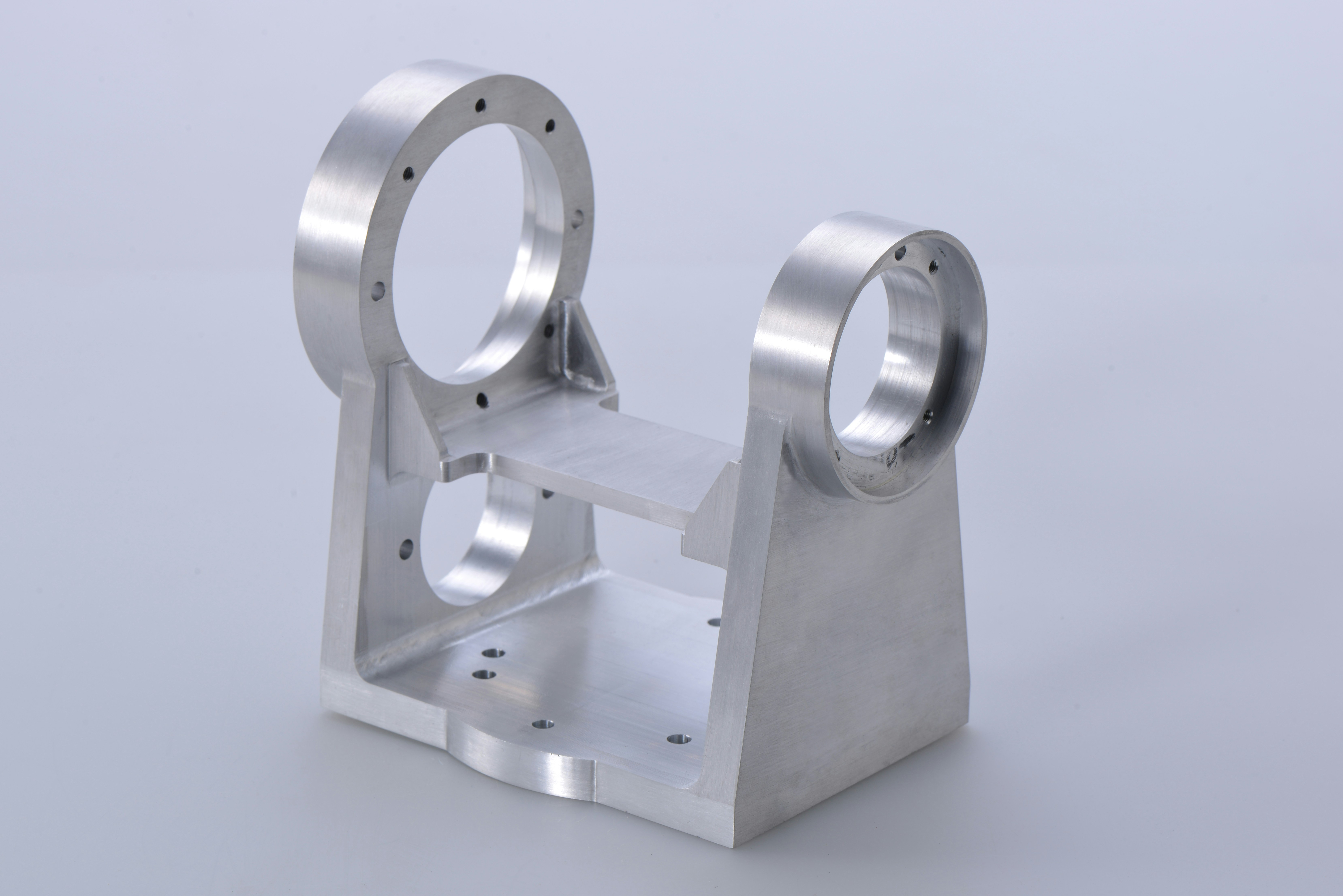
Cast aluminum emerges as a clear winner when considering the strength and safety of materials for various applications. Its exceptional strength, durability, and reliability make it a top choice for automotive, aerospace, and consumer products industries. With its superior performance and longevity, cast aluminum stands out as the material of choice for high-quality components.
Exploring Cast Aluminum Strengths
The strength of cast aluminum lies in its alloy composition and structural integrity. Manufacturers can produce incredibly strong and resilient parts that meet the most demanding requirements by carefully selecting the right combination of metals and ensuring proper casting techniques.
Considerations for Material Selection
When compared to cast iron, cast aluminum offers superior strength while being lighter in weight. Additionally, die-casting aluminum provides consistent quality and precision, which is essential for critical applications where safety is paramount.
In conclusion, cast aluminum is the clear choice when it comes to selecting a material that offers both strength and safety. With companies like Buttler specializing in die-casting molds and precision engineering processes to maximize performance and quality while minimizing secondary operations, it's no wonder that cast aluminum continues to be the preferred material across various industries.

